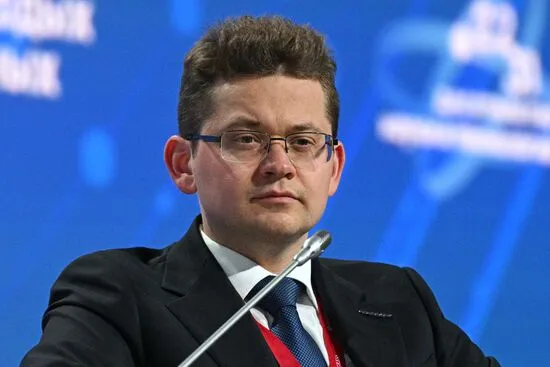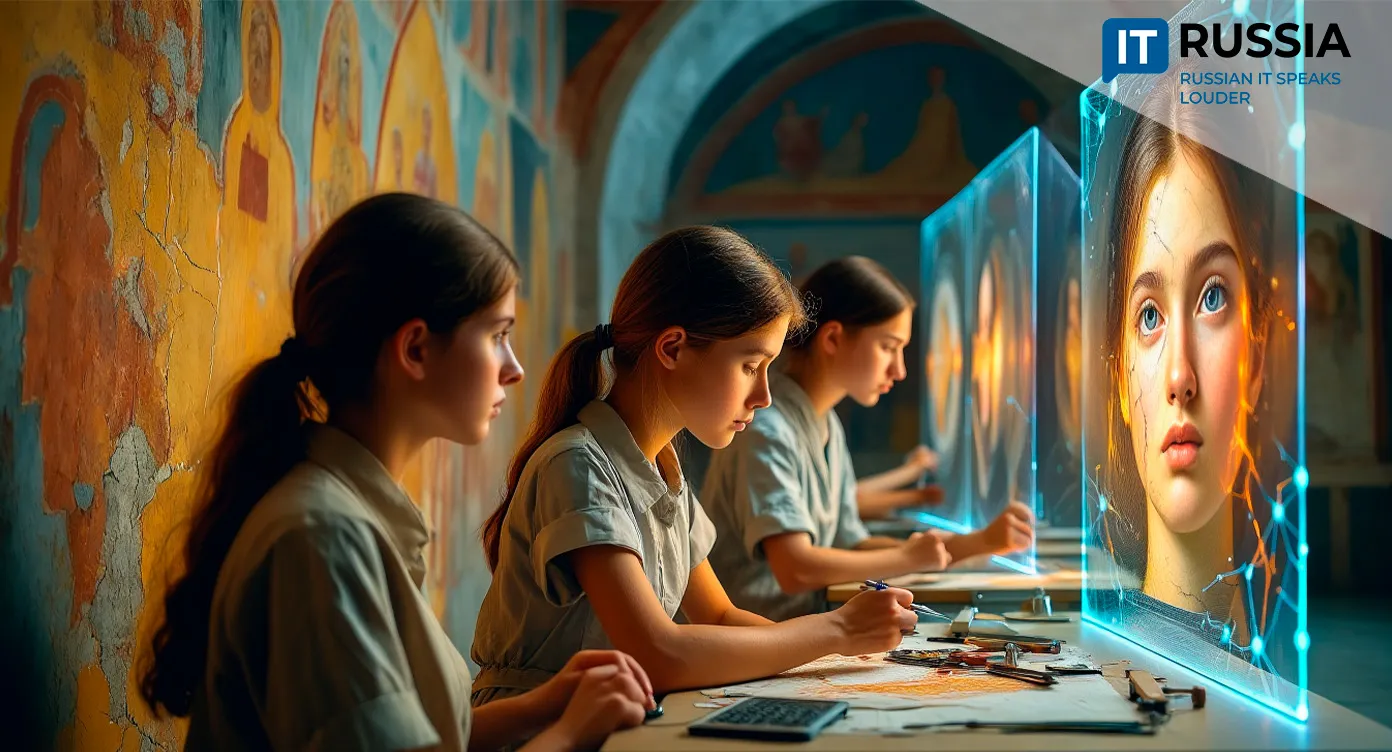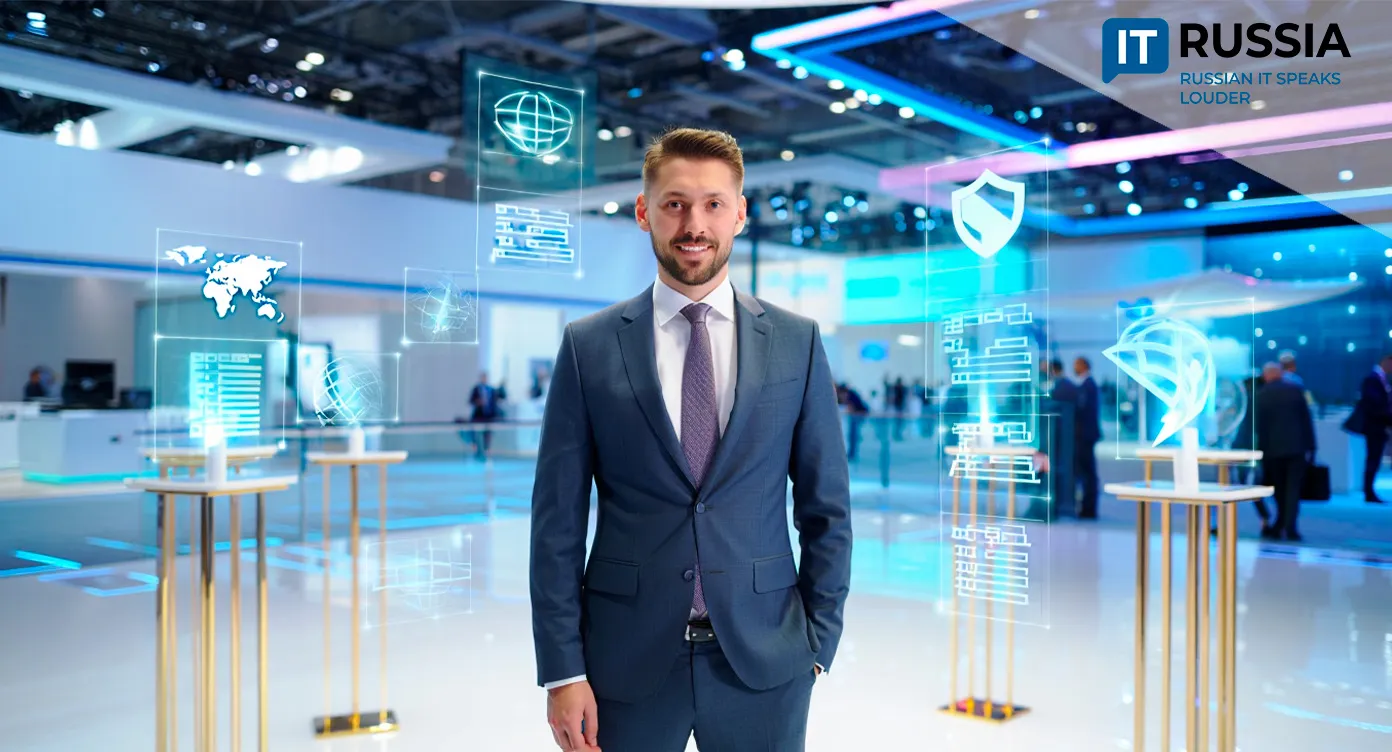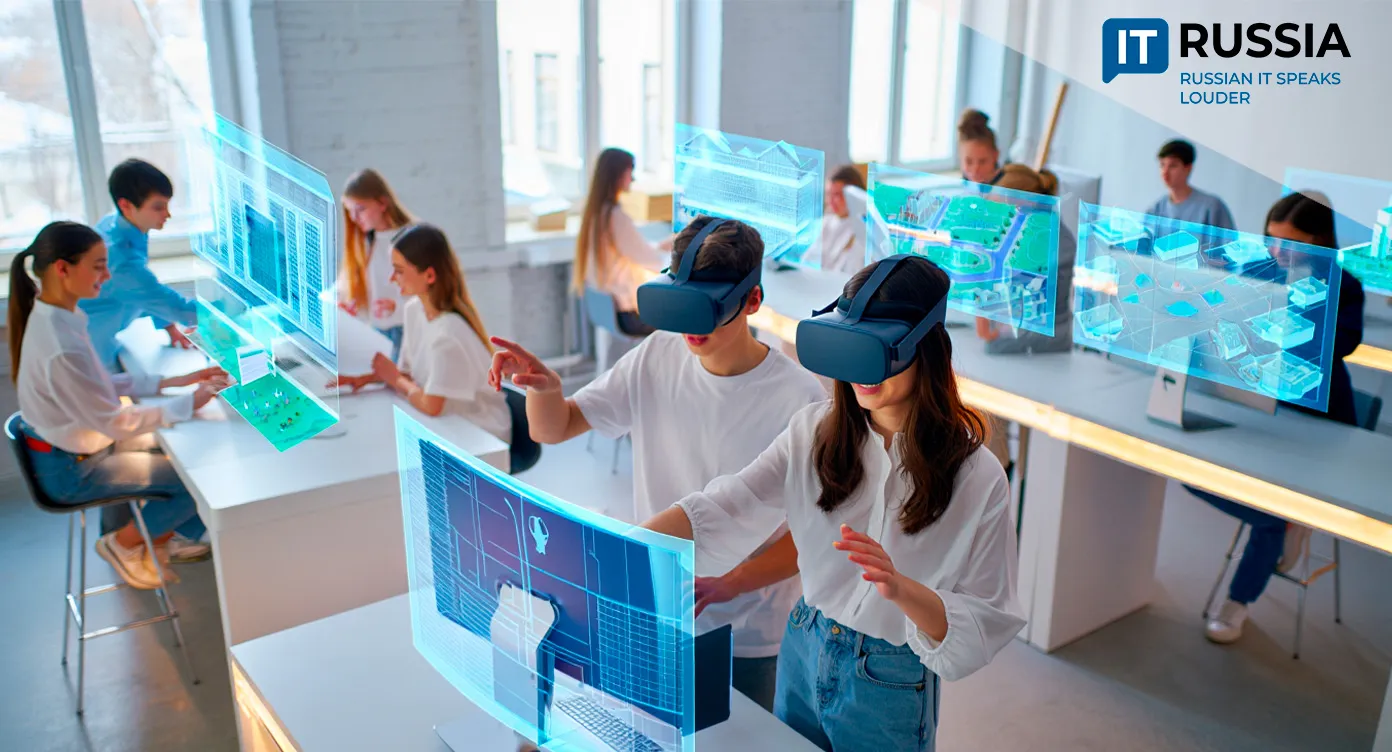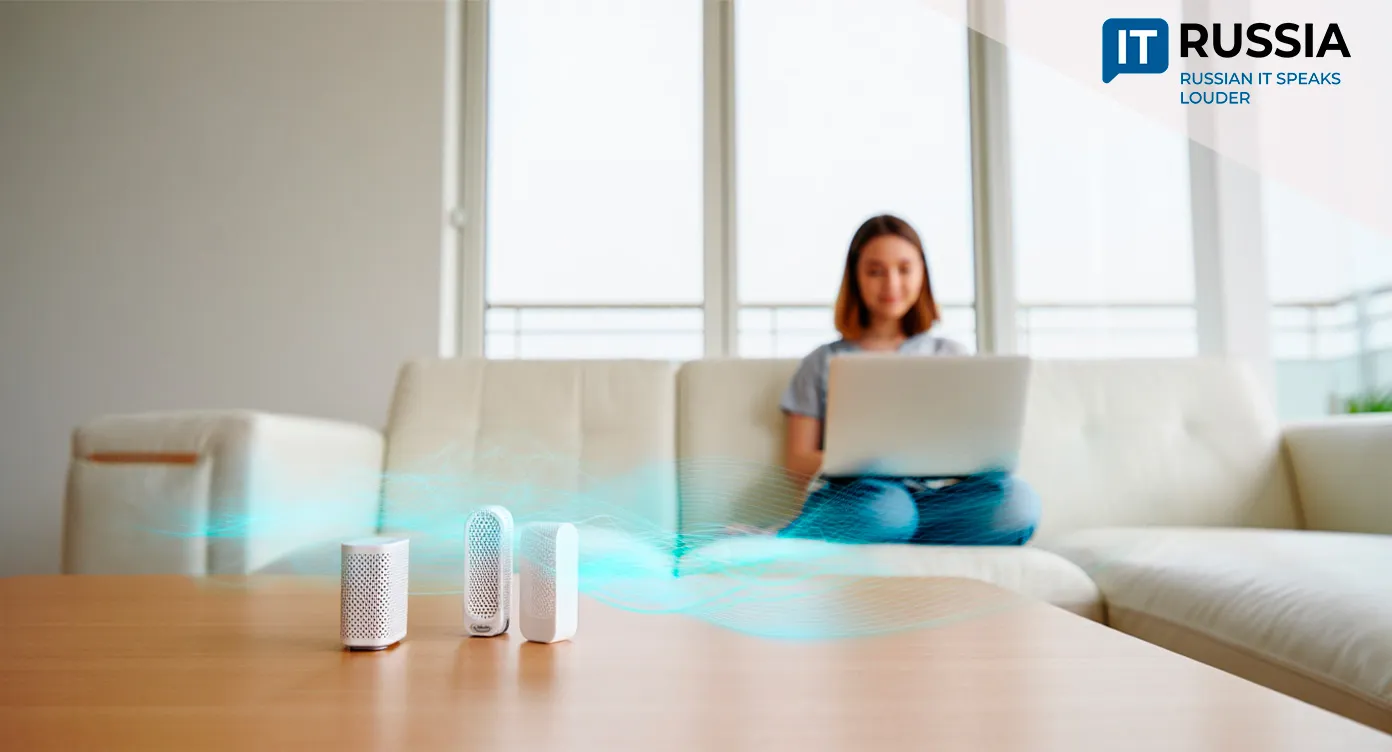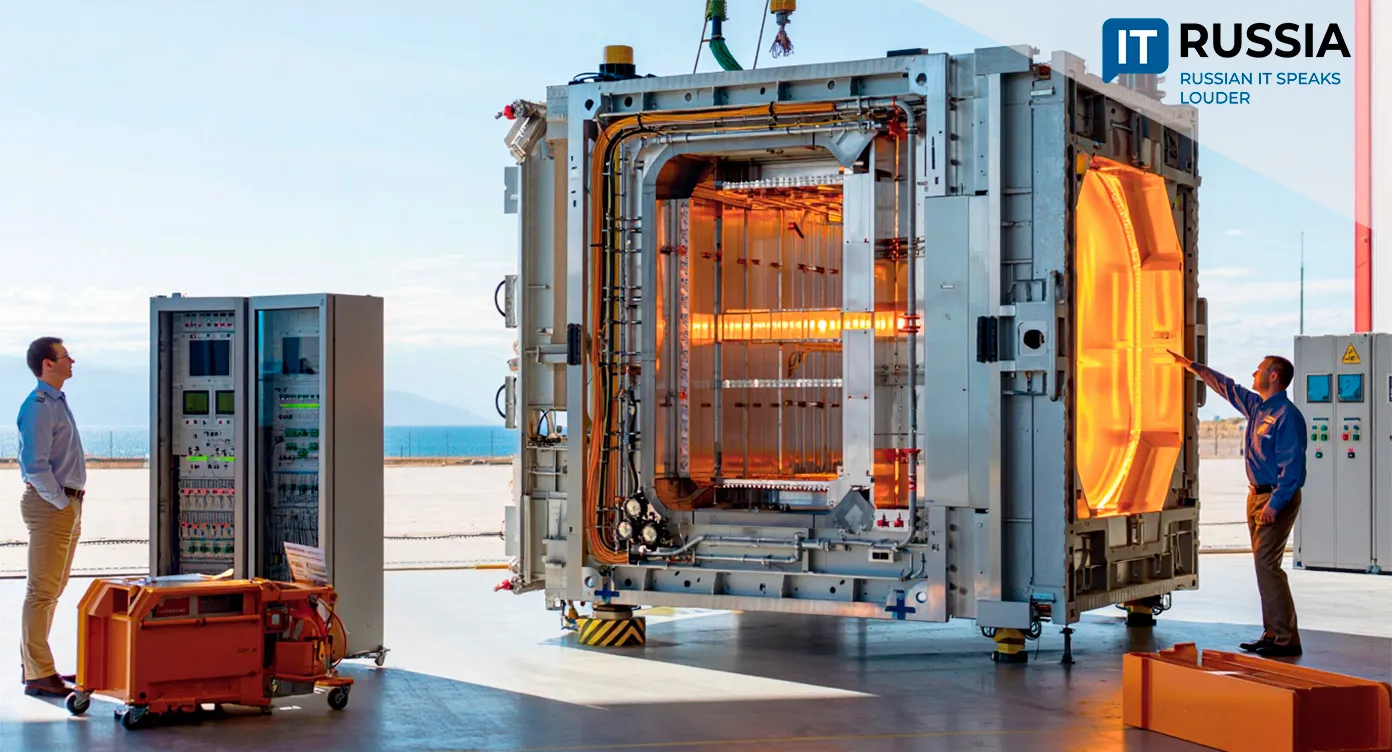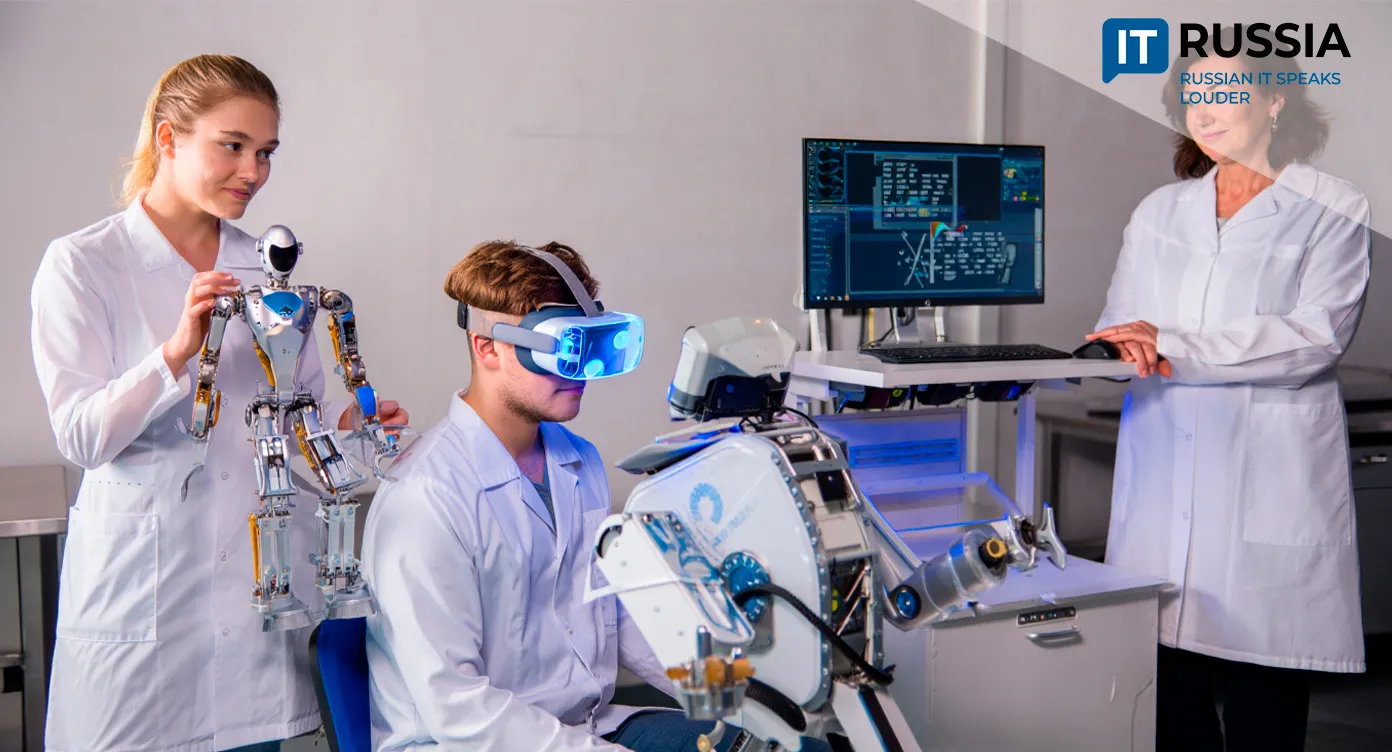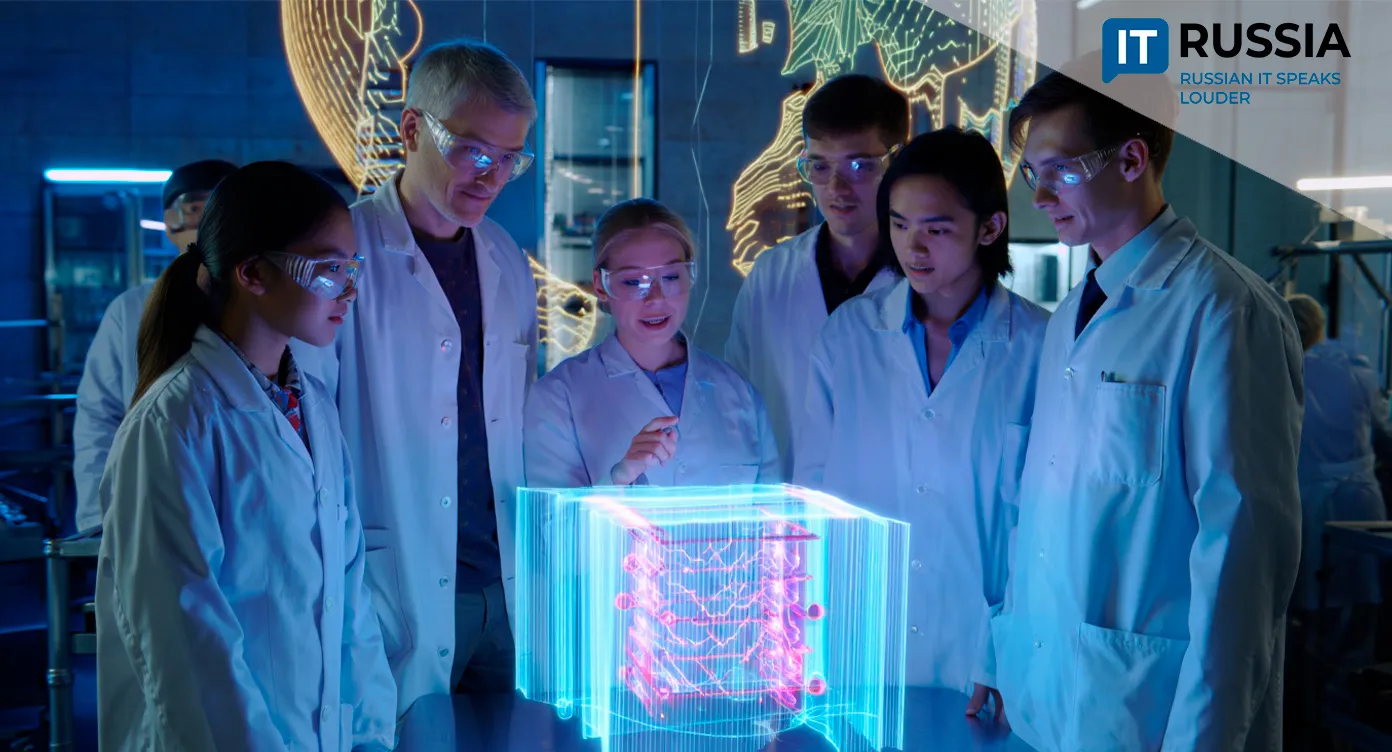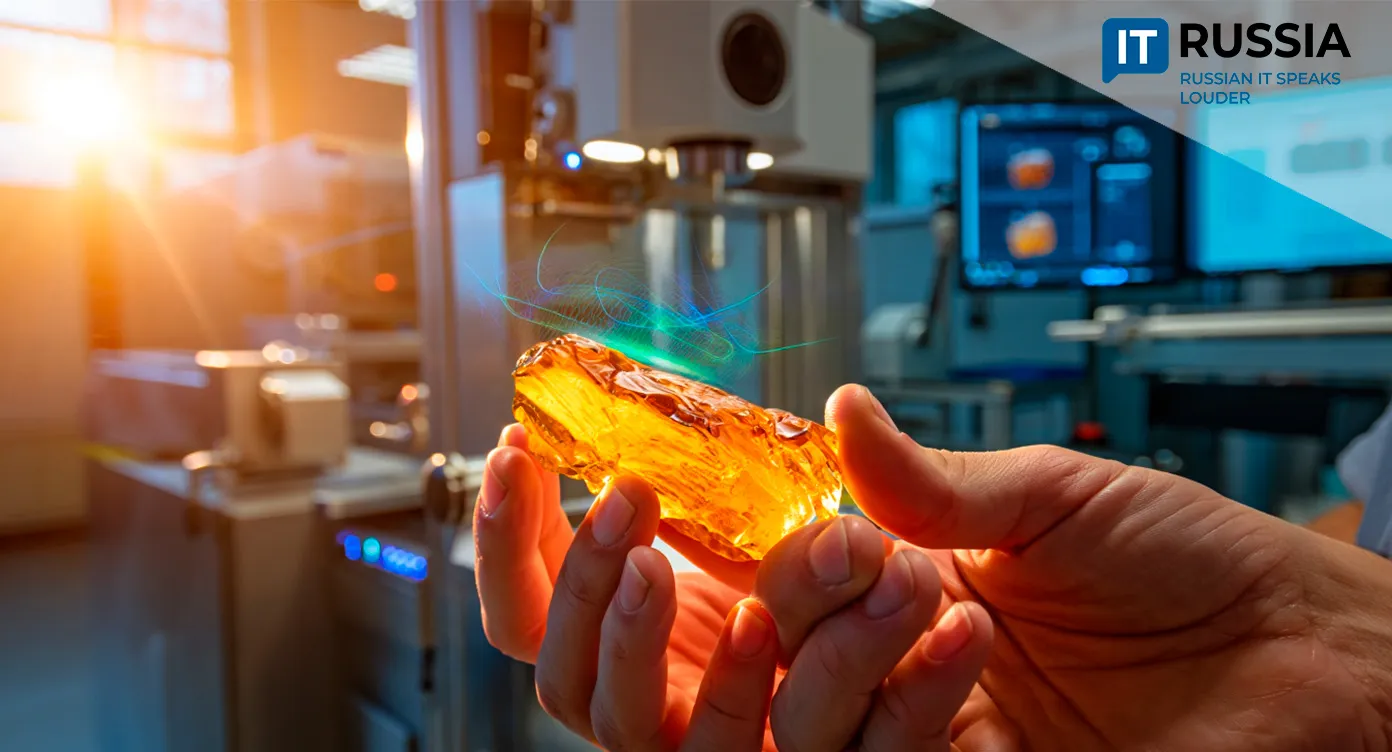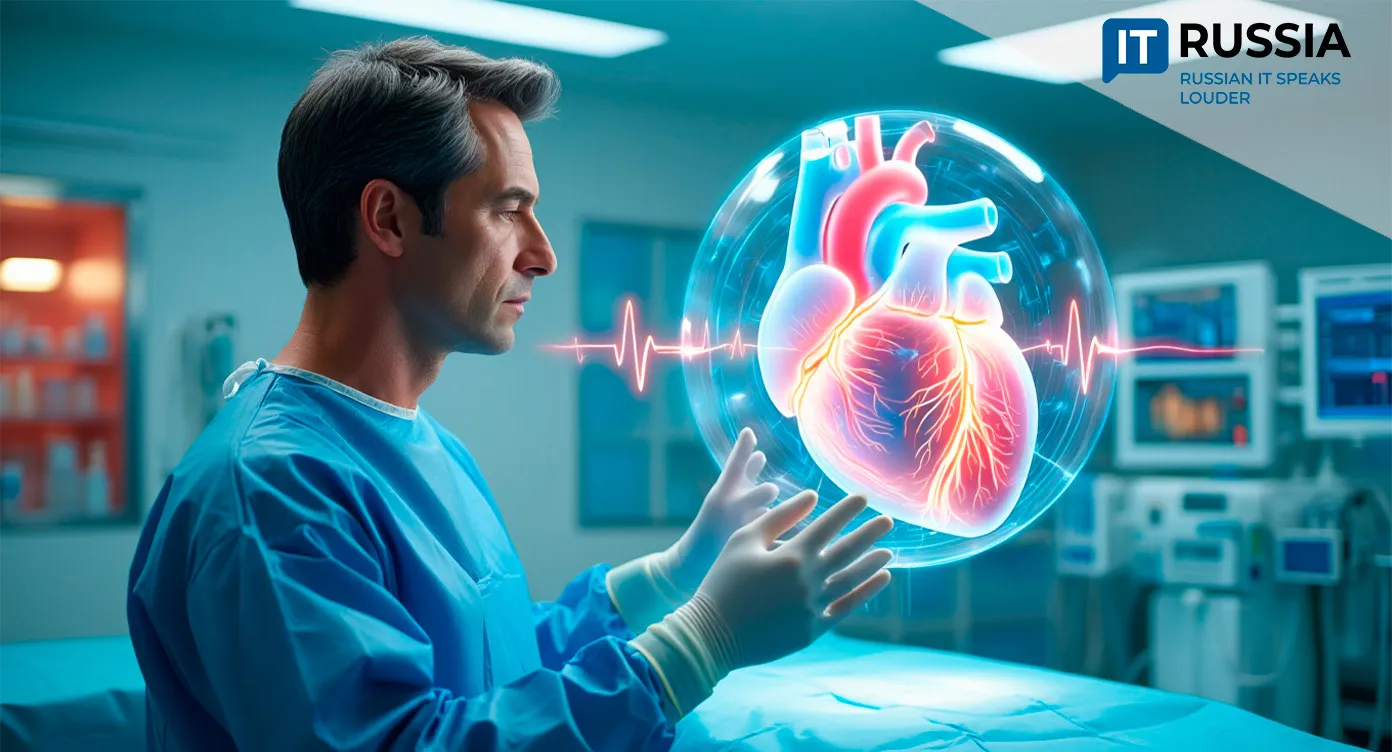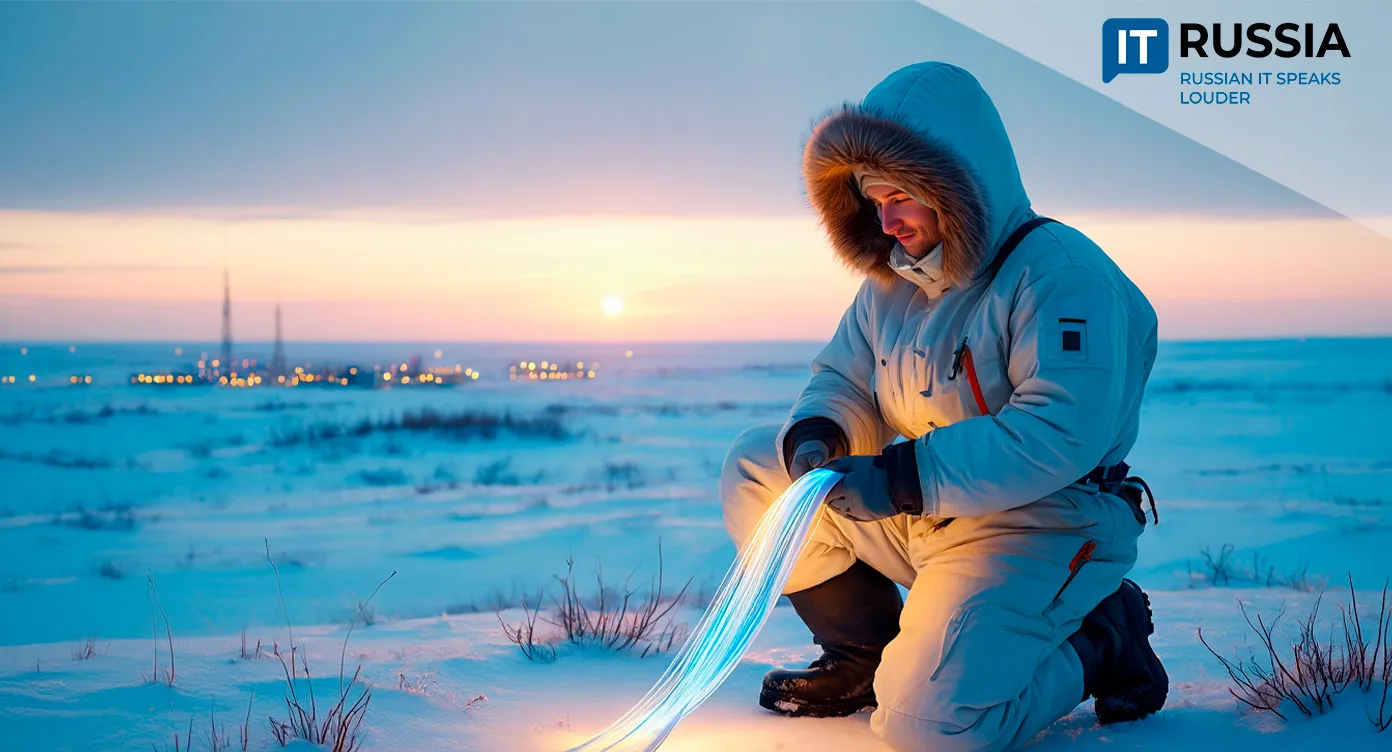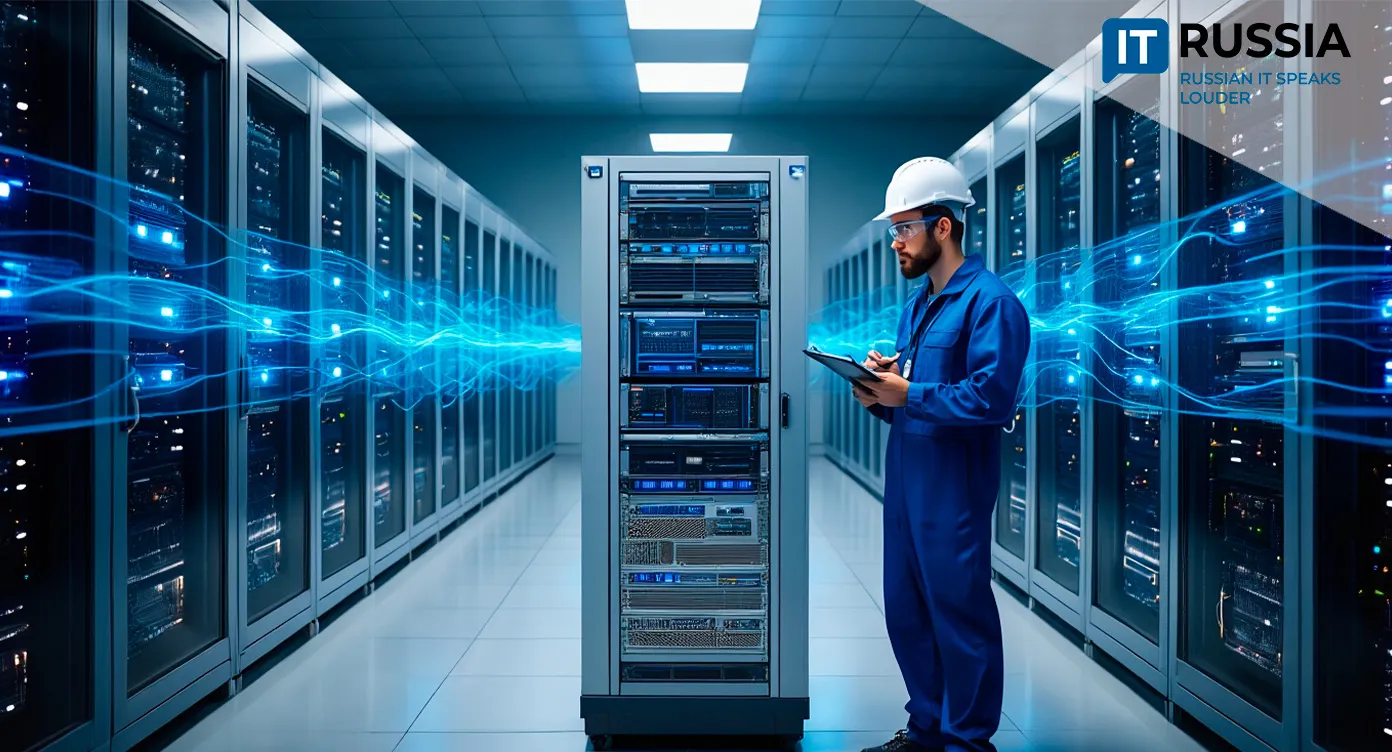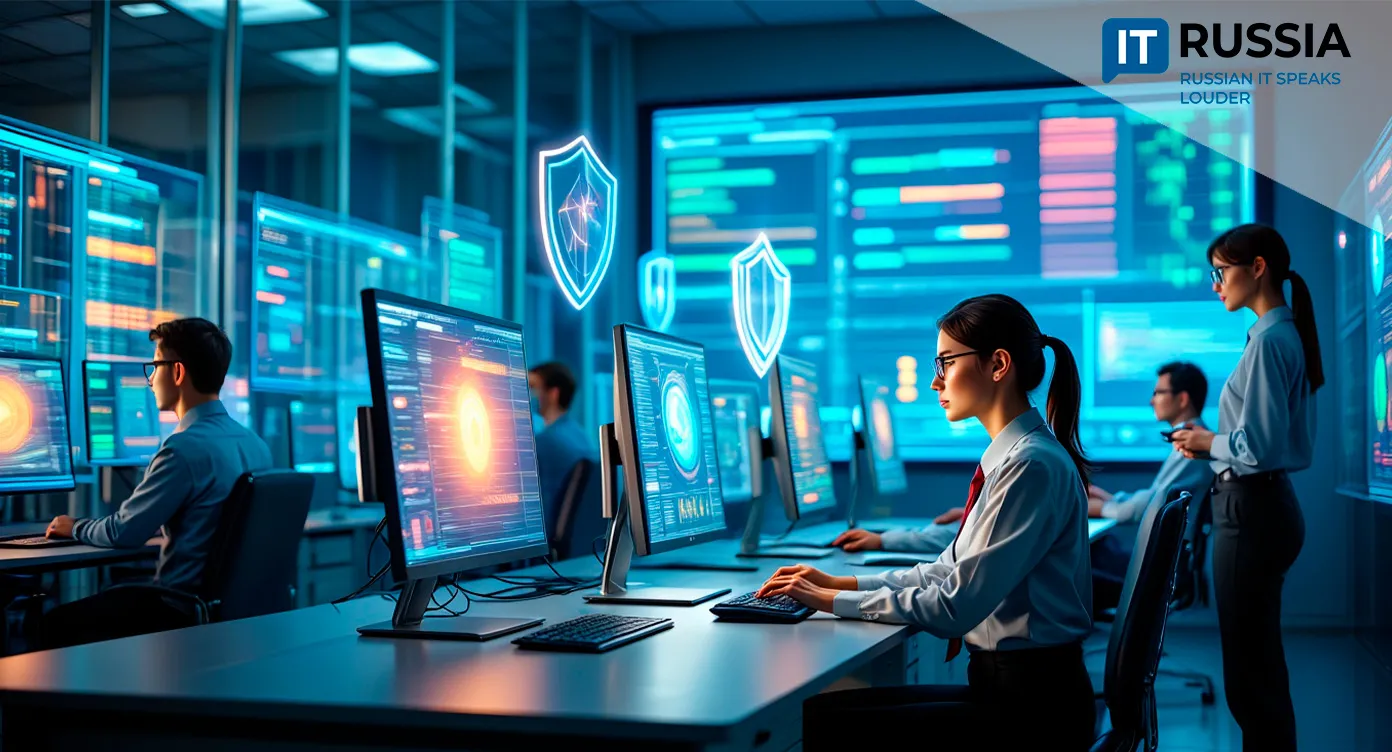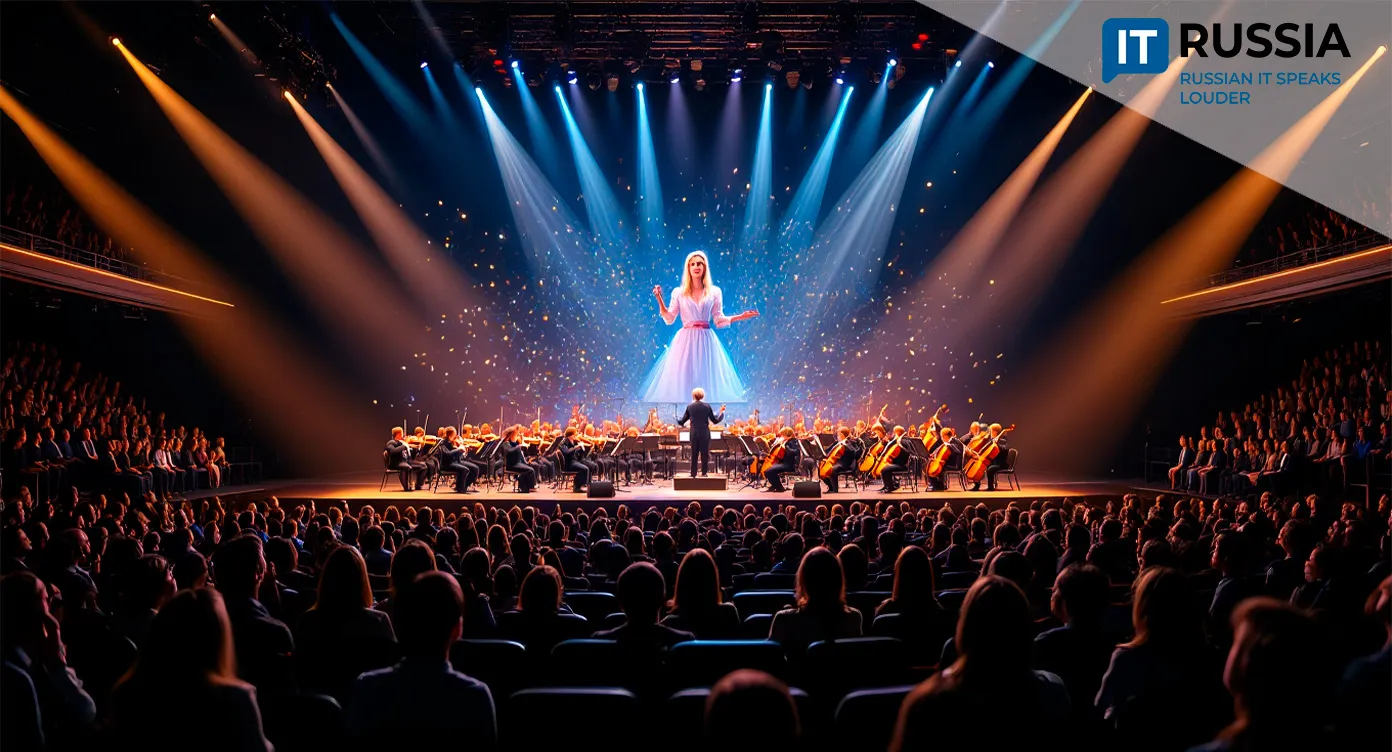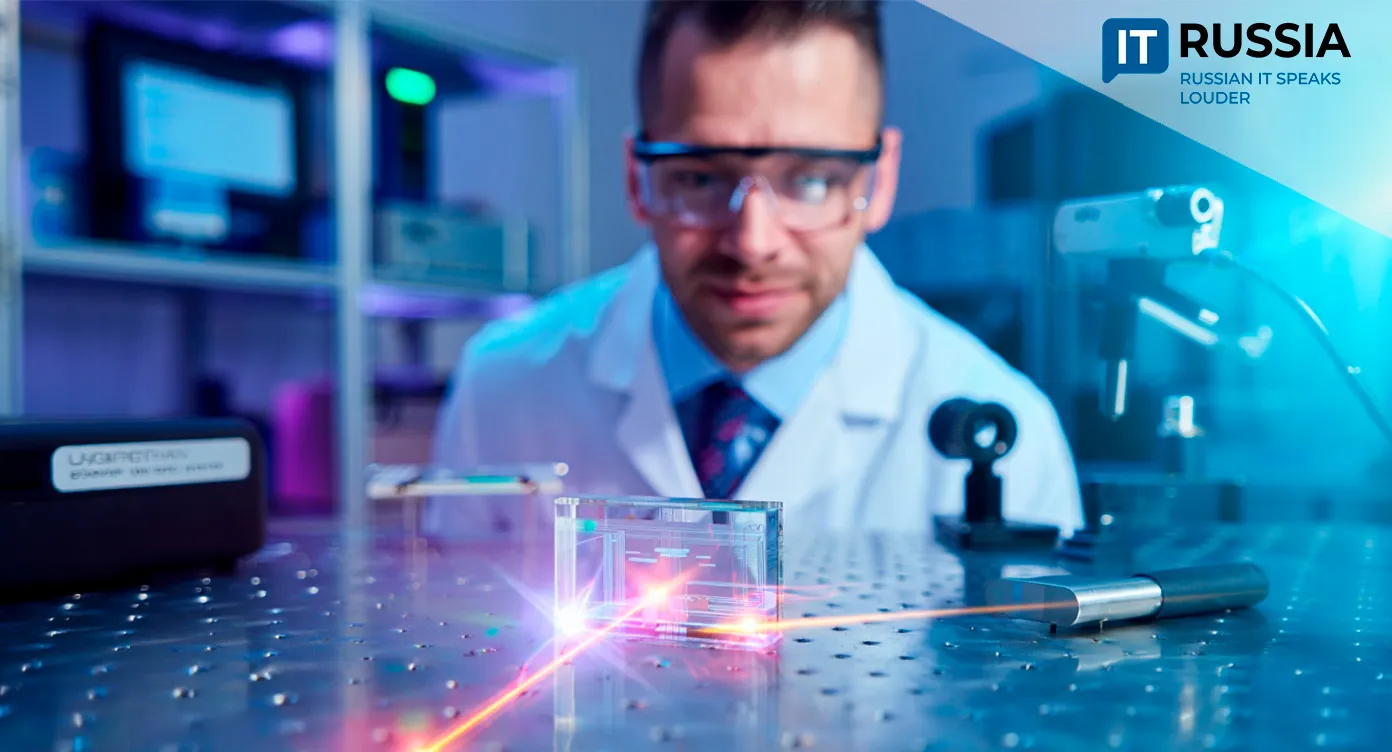Quantum Breakthrough: Russian Scientists Fast-Track the Future of Particle Physics
Russian physicists are testing how quantum computers can accelerate the analysis of data from particle accelerators — a step that could reshape both high-energy physics and the global race for quantum advantage.
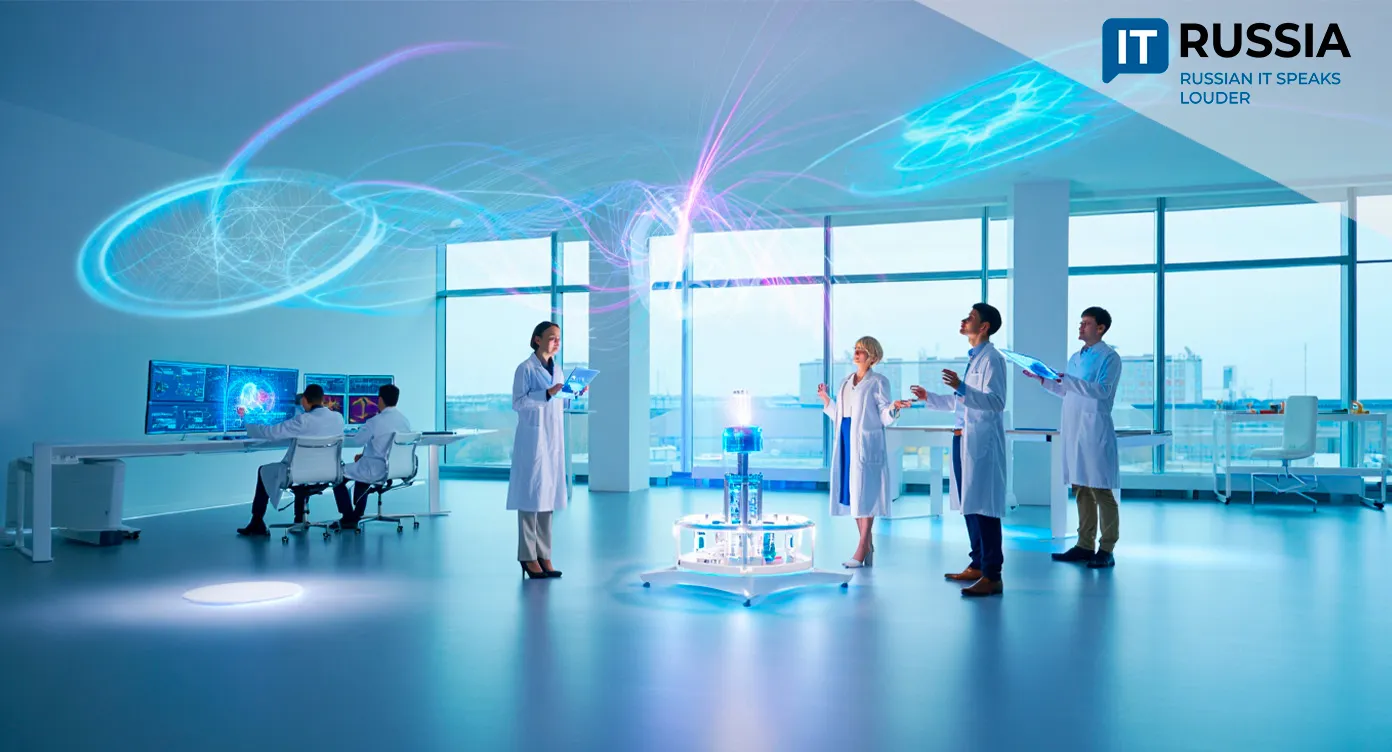
From Theory to Applied Quantum Science
Researchers at the Russian Quantum Center (RQC) are developing quantum-based methods to process data generated by particle accelerators, including the NICA collider in Dubna.
According to Alexey Fedorov, head of the RQC quantum information technology group, the project is focused on a specific and highly relevant challenge: speeding up the interpretation of experimental results, where data volumes rival those of the world’s largest digital platforms.
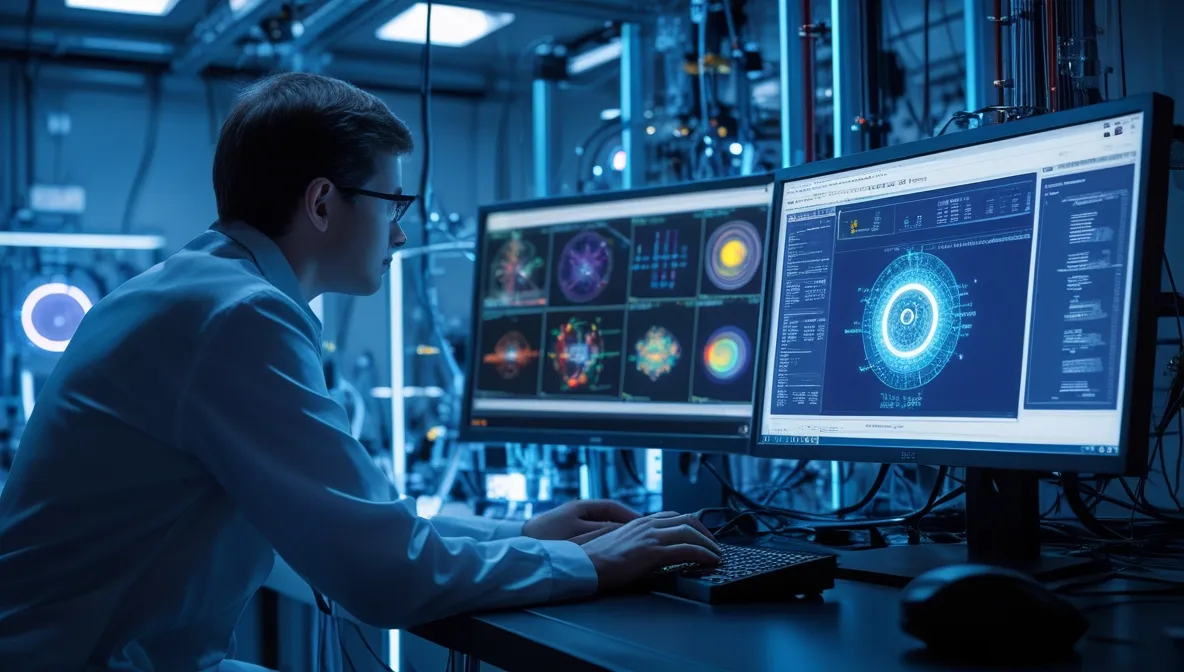
Recent progress in quantum computing has shown that quantum processors can solve certain computational problems faster than the most powerful classical supercomputers. Applying that capability to particle physics would not only change how scientists work with collider-scale data — it would prove the real-world value of quantum technology outside the lab.
The initiative also has broader implications. It strengthens Russia’s position in the global megascience arena, reinforces technological sovereignty, and creates a new bridge between fundamental physics and the country’s growing quantum-tech industry.
A Platform for Future Global Collaboration
If the methods being tested by Russian researchers demonstrate measurable efficiency gains, they could be adopted by major physics labs worldwide — from CERN to national research centers in Asia and North America. Quantum algorithms developed in Russia may turn into exportable intellectual property, joint research programs, or licensed hybrid-computing tools.
Inside the country, the project fuels the entire tech ecosystem: modernizing accelerator infrastructure, training specialists who operate at the intersection of quantum computation, high-energy physics, and machine learning, and creating demand for new software and hardware tools.
Russia already supports multiple state-funded programs in quantum research. This project gives them a practical mission: prove that quantum computing is not a scientific curiosity, but a competitive advantage.
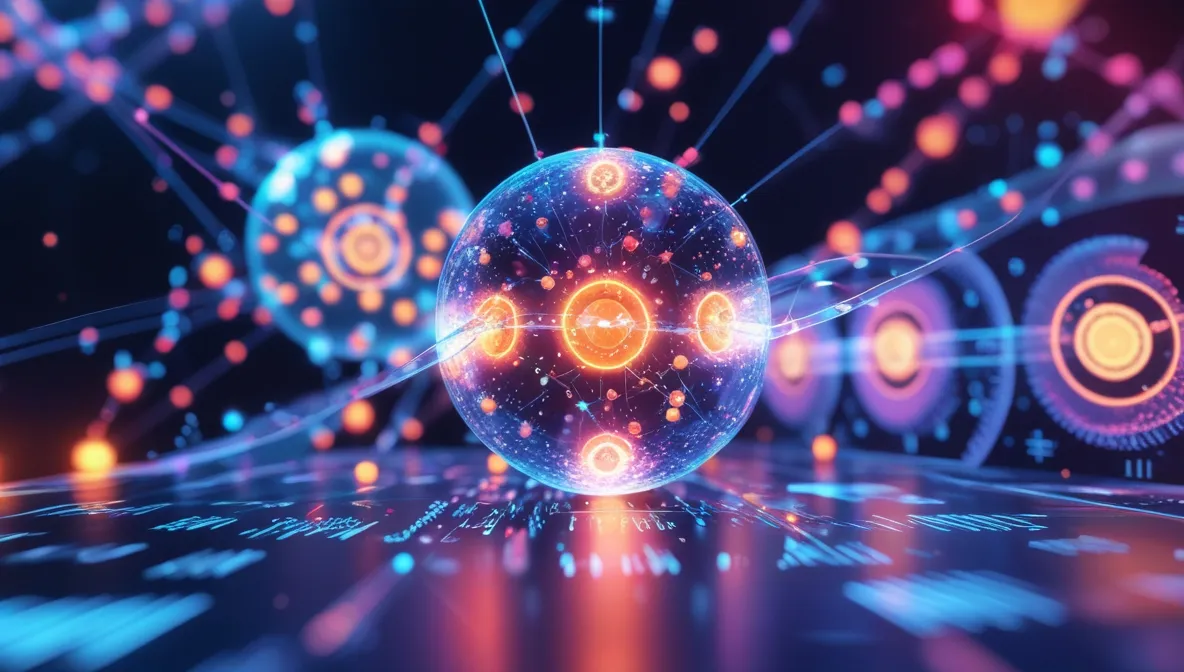
Barriers on the Road to Quantum Acceleration
Researchers warn that enthusiasm must be balanced with realism. Today’s quantum computers are still limited in scale, prone to errors, and require highly controlled environments. Alone, they cannot yet handle full-scale collider workloads.
The emerging strategy is hybrid: classical supercomputers process bulk data, while quantum chips solve select bottleneck problems — pattern extraction, anomaly detection, or multivariate simulations that scale exponentially on traditional machines. In this model, quantum systems act not as replacements, but as “co-processors” for science.
Still, the shift is historic. Just five years ago, the idea of using quantum computers in high-energy physics was labeled “utopian.” In 2025, it appears in peer-reviewed journals and pilot projects.
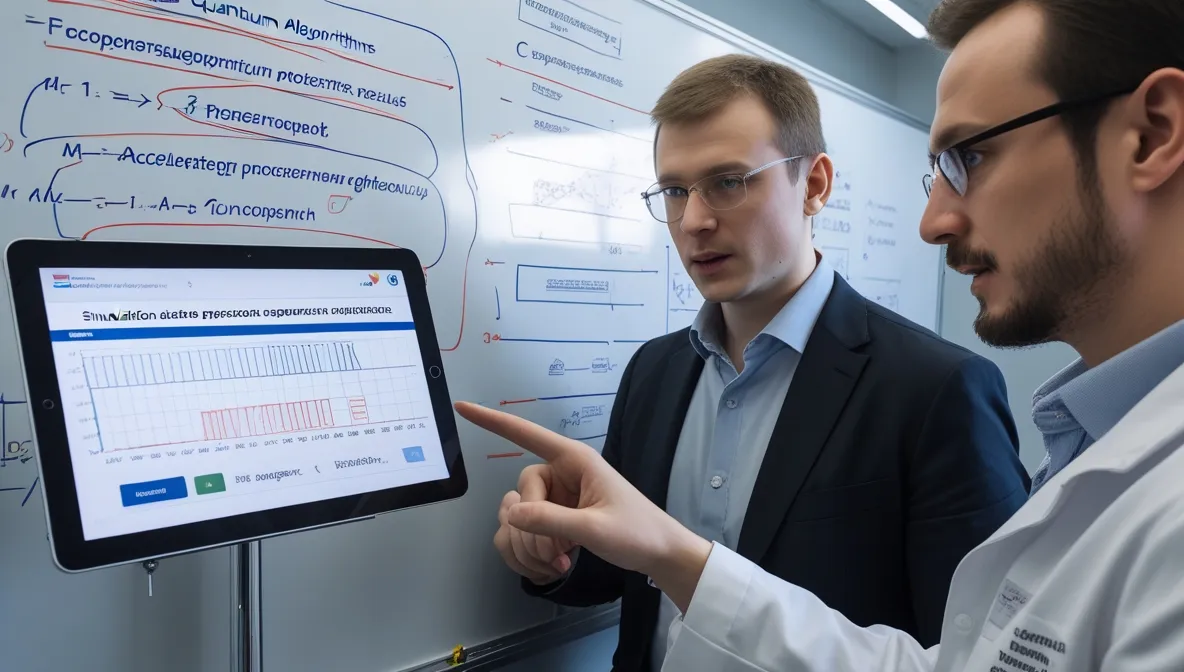
What Comes Next
Experts expect Russia to launch the first test-level integrations of quantum algorithms into accelerator data pipelines within one to two years. In three to five years, quantum-assisted processing may become a standard component of megascience experiments — not just in particle physics, but also in astrophysics and materials research.
The announcement from RQC is not simply a scientific update. It is a marker that the quantum era is no longer hypothetical. The future of computation is beginning to merge with the future of physics — and Russia intends to be one of the architects of that merger.


